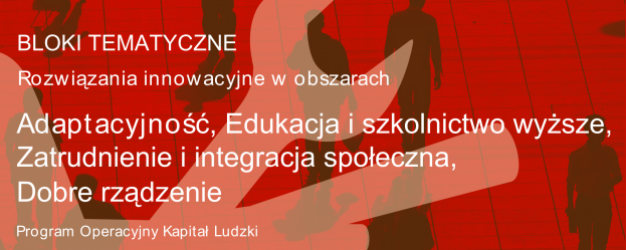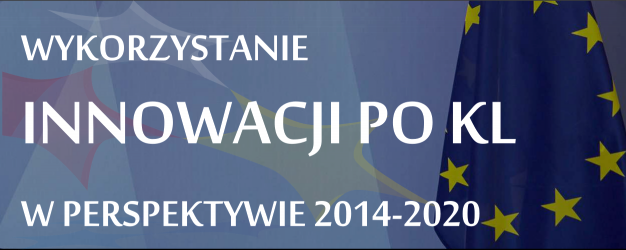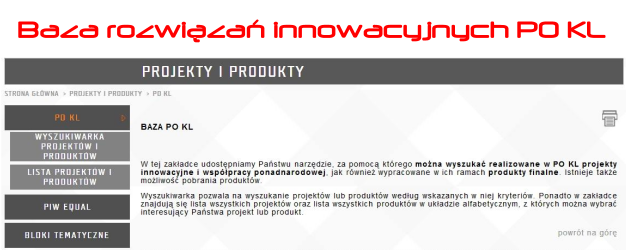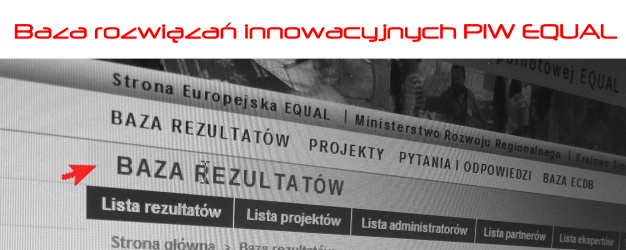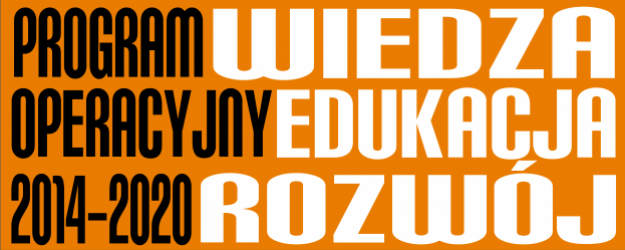Café Herman
- Education and training organisation
- Belgium
- Businesses undergoing change
- Better public services
Café Herman* aims to establish an inclusive, multicultural European network of small urban diversity centres under the umbrella of a public-private partnership and branded by a common name/shared values.
PPP: Private partners are migrant/minority entrepreneurs from multiple cultural roots; the public partners are local government related organizations active in the social economy. Café Herman is changing the rules: it is a big step for both the public and the private partner to move from social economy to a social enterprise pursuing economic and social profit. A Café Herman new style diversity centre is a meeting place for minority community members in a stimulating, trendy and joyful atmosphere that also attracts local customers looking for new experiences.An existing cultural centre or café can be transformed, or a new centre created.
- Components draw from the talents and creativity of the working partners : food & drinks, music and arts, courses and workshops (language learning, cooking, handicraft, ecological traditional techniques, ..), business networking and job mediation, B&B and community tours.
- The public partners’ task is in the backing:facilitating acces to financing and legal advice, to employment measures and vocational training, privileging the participation of women at the entrepreneurial process, exploring a code of conduct of fair partnership, fair investment, fair entrepreneurship with partners from a different culture.
Why new style ‘meeting places’?
Some immigrants or minority citizens want a second chance in their new homeland, aspire to become their own boss whatever their status or reasons for emigration. A restaurant/café is among the first and most accessible choices to start a business. The inclusion rates and economic weight of migrant/minority community meeting places however call for a ‘different’ success story.
Inspired by the vibrant multicultural scene in major European cities, and building on in-depth experience with a network of traveller cafés across 4 continents, Living Stone Dialoog wants to explore the potential of a PPP to jointly set up and manage an intercultural meeting place, speeding up value creation by a vulnerable entrepreneur and an embryo for employment for his lower skilled community members. For a much needed European dimension, we are looking for transnational partners that are open to social innovation and a beneficiary-centred approach.
The deployment of a creative economy in a township has positive impact on investment and employment. Success and status of immigrant /minority business owners open perspectives for a better future for their family and community members.
We do not believe in a ‘one size fits all’ business model. Café Herman builds on a shared vision but allows difference in expression and realizations. We build a common framework in the definition phase; we design, develop and implement a model in a major town in Flanders (B); we expect our European partners to create the conditions for a start-up in their country/region, adding en route a much needed international dimension to the project.
- Social enterprises
- Unemployed
- Ethnic or national minorities
- Employed
- Immigrants Ex-offenders
- Micro enterprises (less than 10 employees)
- Self employed
- Persons not active on job market
- Employed in micro enterprises (less than 10 employees)
- Persons from deprived urban neighbourhoods
- Women

